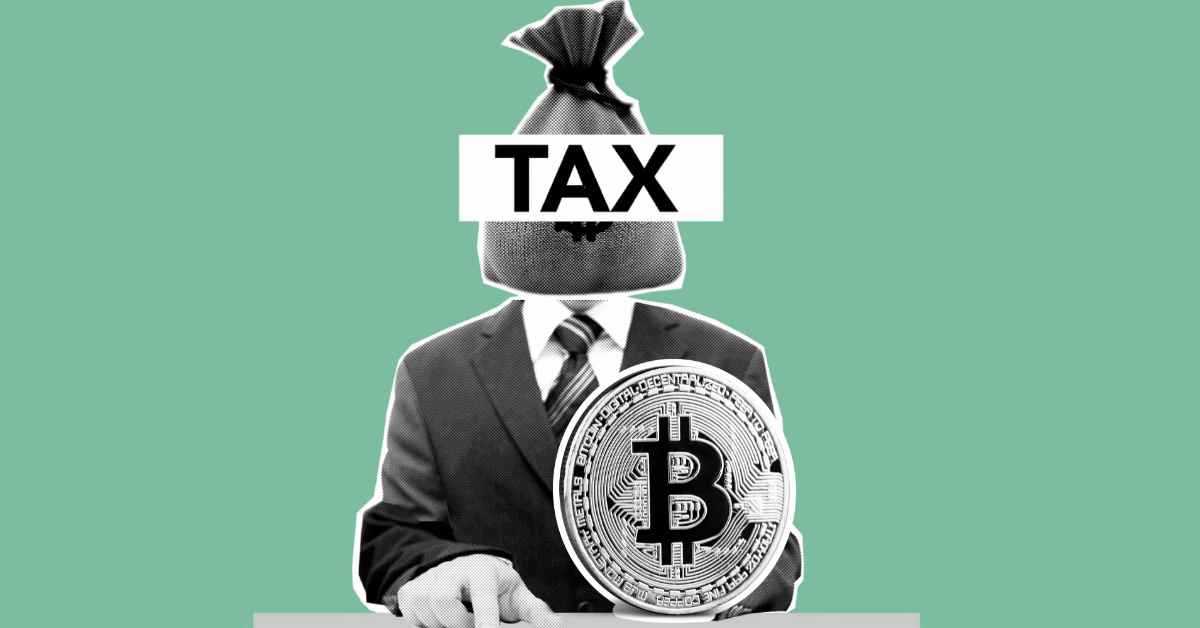
In a significant legal development, Kim Nam-guk, a former member of South Korea’s Democratic Party, has been accused of concealing substantial cryptocurrency assets. The Seoul Southern District Court is currently deliberating on a six-month prison sentence for Kim, who allegedly failed to report his crypto holdings in mandatory financial declarations to the National Assembly. This case underscores South Korea’s stringent stance on cryptocurrency tax evasion.
How Kim Allegedly Concealed His Cryptocurrency
The prosecution asserts that Kim devised a strategy to obscure his cryptocurrency holdings from the National Assembly’s Ethics Committee, which is tasked with scrutinizing lawmakers’ financial disclosures. His alleged method involved transferring a significant portion of his crypto assets into a conventional bank account, thereby masking their existence. Furthermore, he is accused of submitting falsified asset declarations, listing amounts far below his actual wealth by converting cryptocurrency into bank deposits and including them in his financial reports.
Alleged Misreporting in 2021 and 2022
The discrepancies in Kim’s asset declarations for 2021 and 2022 have drawn significant attention. In 2021, Kim reported his assets as totaling approximately 1.2 billion won. However, prosecutors allege that he possessed around 9.9 billion won in cryptocurrency during that period, a significant underreporting that has fueled the case against him.
Kim’s Defense and Criticism
Despite facing serious charges, Kim Nam-guk has criticized his party’s approach to virtual asset taxation. Last month, he argued that the Democratic Party’s proposal to revise tax laws and increase the tax deduction limit for virtual assets to 50 million won was a superficial attempt to garner support. The party’s stance on crypto taxation has been a contentious issue, reflecting broader national debates on how to effectively regulate the burgeoning digital asset market.
Implications for South Korea’s Crypto Regulation
The outcome of Kim’s case could have far-reaching implications for South Korea’s approach to cryptocurrency regulation. As the court prepares to issue its verdict, the decision may establish a precedent for handling similar cases in the future. To prevent exploitation of digital asset regulations, South Korea may need to implement comprehensive strategies that balance control with the dynamic nature of the crypto market.
The ongoing case not only highlights the challenges of enforcing crypto-related tax laws but also emphasizes the need for clear legal frameworks to manage digital assets effectively. As cryptocurrencies continue to gain traction among small-scale traders and investors, South Korea’s legal and regulatory responses will play a crucial role in shaping the country’s economic landscape.






